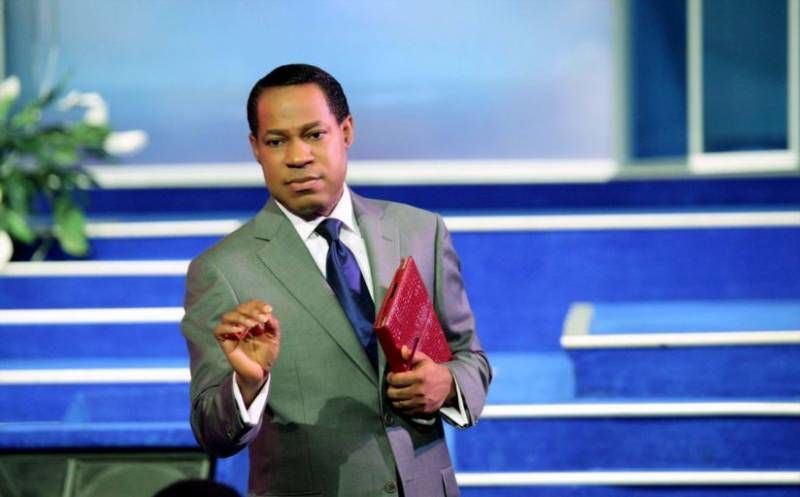Chris Oyakhilome
OpenLife Nigeria reports that in a continent where nine out of ten say they are religious, engaging pastors and imams is key in the raging issue of vaccination
On a Sunday evening in early June, popular Nigerian mega-church pastor, Chris Oyakhilome, responded to a question from one of his followers who was worried about losing his job for refusing to take the Covid-19 vaccine, as required by all staff at his workplace.
Pastor Oyakhilome was addressing the issue in a special service that takes place on the first Sunday of every month, when his millions of followers around the world log in to hear the ‘message of the month’. It was streamed live from Lagos, where his Christ Embassy church has its headquarters and his meetings often pack out stadiums. In many of his sermons over the past year, which are posted on YouTube, Pastor Oyakhilome has expressed scepticism about the vaccines. And in a clip that went viral, he berated African leaders for waiting for vaccine handouts from the Western world, instead of working to develop their own.
“You quit,” was Pastor Oyakhilome’s blunt answer to his follower’s query. “Drop it and go…Don’t accept it. You are a child of God. Let no one intimidate you.”
In contrast however, religious leaders from the Christian, Hindu and Muslim communities in Kenya recently came out to support the government’s efforts to vaccinate the population against Covid-19.
They called on their congregants to shun myths and misconceptions associated with the vaccine and to get vaccinated in order to better protect themselves from severe illness and hospitalisation as Kenya ramps up its vaccination efforts.
This is an important step. And more of it is needed across the continent. As in many other regions, religion plays a pivotal role in Africa. More than 90% of Africa’s citizens identify with a particular religion. In Kenya, 71% of citizens consult with religious leaders. As religious leaders, they must feel the weight of this responsibility.
When Covid-19 struck, it hit religious organizations quite hard. Although many pivoted to online services, these were far from an ideal substitute at a time when congregants needed to feel a sense of community more than ever—amidst heightened anxiety, loss and an uncertain future. So religious leaders follow the guidance of public health experts.
Across the continent, religious leaders have been keenly aware that they play a crucial role in curbing the spread of Covid-19 and educating congregants on ensuring their personal safety in the same way that they played a critical role in educating communities around HIV/Aids.
There have been witnesses of first-hand the heart-breaking impact Covid-19 has had on my congregation. Many were therefore relieved when the vaccines became available in Kenya. However, myths and conspiracy theories have posed a tremendous threat to vaccination drives with many people – including congregation, many of whom are suspicious of the vaccine. Some feel it was rushed. Others about its possible effect on fertility. Still, others feel that perhaps taking the vaccine is against God’s will.
In several opinions, religion – and by extension religious leaders – need to contribute to the greater good of humanity. God provided scientists with the wisdom to develop these vaccines.
The vaccines were developed at an incredible speed and have been described as a blessing and a miracle of grace: God, in His sovereignty, working through scientists, policymakers and regulators to accelerate the vaccine development process. Many believers have been admonished not to pit faith and science against each other. They are complementary – not mutually exclusive. There is no question that faith-based outreach that supports science-based approaches can help to encourage vaccine acceptance. For my own part, Many religious leaders are recommending that congregants and the entire community be vaccinated for economic recovery and any semblance of normality.






